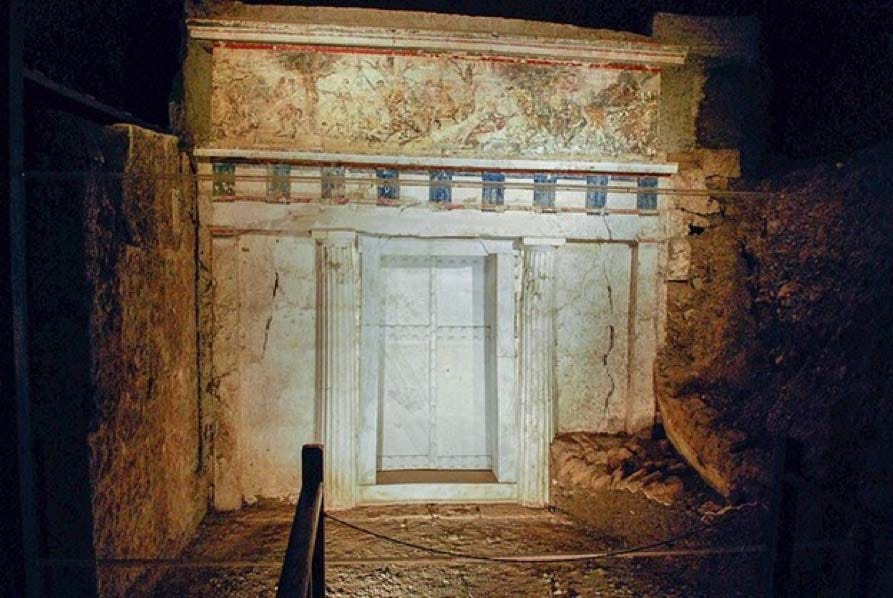Herodotus’ Fish-Eating Horses and Founding Myth of the Macedon Royal Lineage
In Greece, Alexander the Great is coveted as a national hero; the cluster of royal tombs discovered in 1977 at the archaeological site of Vergina, which is thought have housed Alexander’s father, Philip II (reigned 359-336 BC), is cherished as a national treasure. And when a new socialist state, The Republic of Macedonia, appeared on Greece’s northern border in 1991 after the breakup of Yugoslavia, and appropriated the symbol of the ancient kings of Macedon for its state flag - the so-called ‘Star of Vergina’ - blood ran hot in nationalistic veins from Athens to Thessaloniki.

Are the Macedonians Greek?
The ancient Macedonians were Greeks, claimed domestic political commentators. “Our Philip and Alexander remain standard bearers of Greek culture and a Hellenistic Era when Greek culture spread to enlighten the known world”, the state newspapers reminded the world. This stance has always been somewhat ironic: Philip and his son smashed Greek power at the Battle of Chaeronea in 338 BC, thereby ending 170 years of democracy that would disappear from Athens for the next two millennia. It also marked the end of the ‘Classical Age’ of Greece. Moreover, contemporary Athenian orators like Demosthenes had hissed that the ‘Macedonians did not even make good slaves.’
Those born outside the borders of ancient Hellas were referred to wholesale as barbaroi, principally due to the noise of their discordant and insonorous speech. Even the Peloponnesian War historian, Thucydides, who owned land in the Strymon River basin in the heartland of ancient Macedon, termed them ‘barbarians’, certainly the mountainous ‘Upper’ feudal cantons yet to enter into diplomacy with the Greek cultural milieu.


